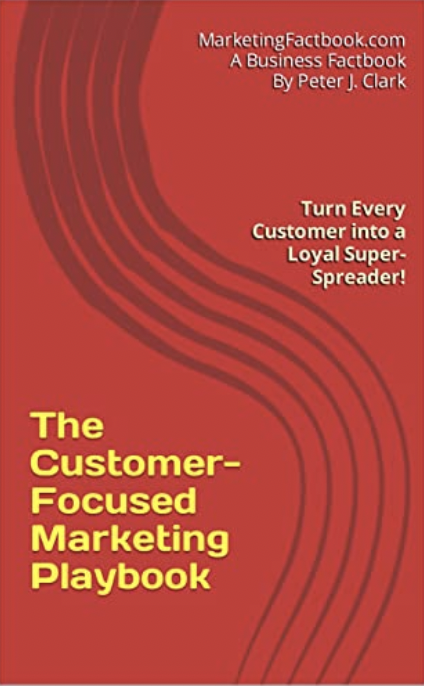Travel brands 'overwhelming' with irrelevant messages
Consumers are growing increasingly frustrated with the amount of untargeted marketing offers sent by airlines and travel providers, according to a Boxever survey of more than 500 travellers.
For 55% of consumers and 58% of business travellers, three out of every four travel offers received are completely irrelevant to their needs and preferences.
When airlines and travel providers overwhelm customers with untargeted communications, the consequences can be severe. Of the travellers surveyed by Boxever, 59% said they would unsubscribe from a company's content after receiving numerous, irrelevant offers, 50% would be less likely to open that company's next offer and 40% would be less inclined to buy from that company.
Millennial travellers are even quicker to pull the trigger after negative engagements with brands. Compared to the general population, Boxever found that millennials are 13% more likely to unsubscribe from a company's content and 10% more likely to delete a company's mobile app after experiencing non-targeted and poorly-personalised engagements.
"The volume of untargeted and poorly-personalised communications sent by travel companies is surprising - especially considering the amount of customer data available to brands today," said Dave O'Flanagan, co-founder and CEO of Boxever, the predictive marketing and customer intelligence platform for airlines and travel retailers. "The travellers we surveyed made it clear that they are not receiving the level of personalised and value-orientated offers they desire, which affects how they plan to engage with brands in the future."
Survey respondents agreed on several common marketing pitfalls that negatively affect their engagement with brands. Consumers surveyed by Boxever who travel at least several times a month identified the following as the worst marketing communication offenses:
- Offers that don't correspond with where an individual is and what he or she is doing (62%);
- Communications that aren't tailored to an individual's needs and interests (43%);
- Interactions that make the recipient feel like the brand doesn't know him or her (29%).
The study found that the key to engaging travellers successfully is offering goods, services, and resources that make them feel personally engaged, and not part of an enormous marketing list.
"Outside of price and discounts, the most influential outbound offers are those that add value to something the consumer is already doing or planning to do," said O'Flanagan. "The second most impactful type of outbound communication, according to our survey, is when an offer revisits a trip or event in which the consumer has previously expressed interest."
Similar trends influence where a traveller decides to book. The survey found that outside of price, schedule, and loyalty programmes, a website's ease-of-use for searching and booking was far-and-away the most influential factor in determining where a traveller makes his or her reservation. Another factor that differentiates travel companies in the search and booking stage is the intuitive capabilities of the brand's website. Travelers prefer websites that can remember their unique preferences, and send targeted offers and resources (based on past website interactions) to make the planning process and actual trip easier, more productive, and enjoyable.
Travel purchases tend to be significant expenditures for consumers, which makes the customer experience critical. But despite a travel provider's best effort, mishaps - such as delays, cancellations, lost baggage, and reservation mix-ups - will happen occasionally. And if the let-down is significant, there can be cascading effects on brand reputation and loyalty.
However, travel retailers have a massive opportunity to differentiate from the competition with how they respond to and manage negative experiences. For example, after having a negative experience with an airline, such as a lost bag or significantly delayed or cancelled flight, 91% of travellers identified at least one proactive action that the airline could take to improve the customer relationship:
- 77% said that offering coupons and discounts on future flights would help repair the relationships with the airline;
- 60% identified being proactively offered seat upgrades as a valuable gesture;
- 39% said being offered premium services for free - such as in-flight WiFi and entertainment - would be appreciated;
- 23% identified early boarding privileges as a simple way to help make up for past travel mishaps.
"Travel companies can improve customer loyalty by leveraging what's already known about a customer to create small, meaningful experiences. For example, I often ask airline executives if they know who the five most valuable passengers are on each flight, and where they are sitting," concluded O'Flanagan. "Another situation: can flight attendants identify which travellers recently had a negative experience, like a cancelled flight, and then be empowered to remedy the situation? For travel providers, the ability to collect and analyse data across multiple platforms, and make it actionable for the customer service staff on the frontlines can be a massive differentiator."
Sources: Boxever / The Marketing Factbook.
Copyright © 2015 - 2025 The Marketing Factbook.
Categorised as:
- Customer Experience
- Customer Loyalty
- Knowing The Customer
- Marketing Know-How
- Marketing Technology
